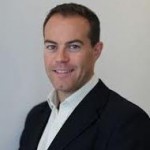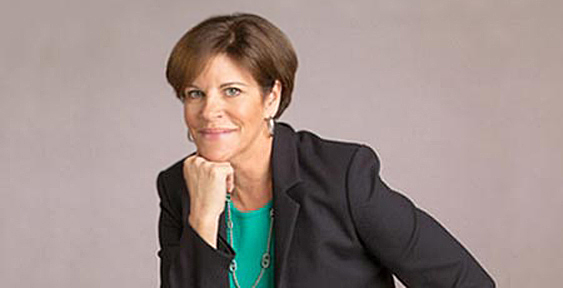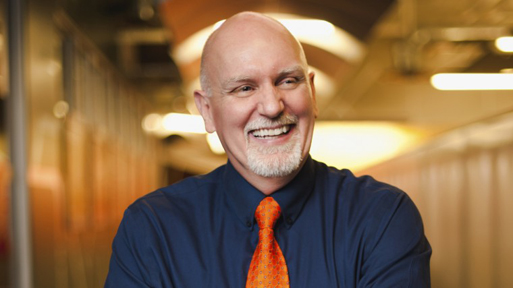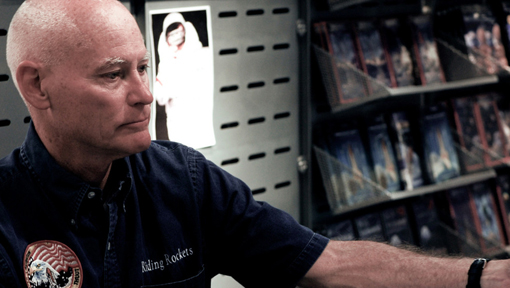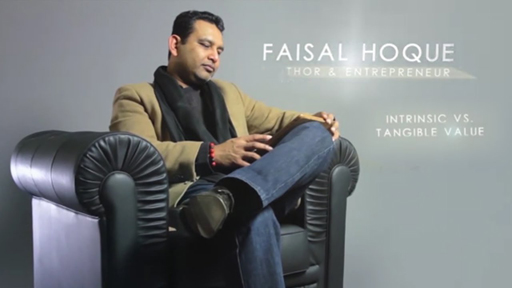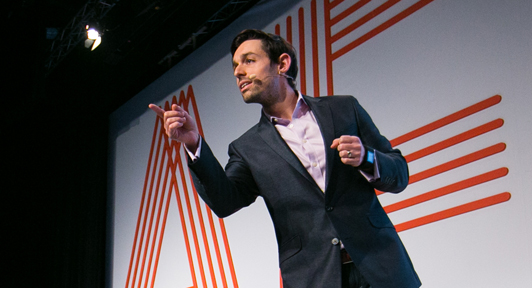
Real Inclusion, for Productivity and Growth
The immortal line from Bill Clinton’s 1992 presidential campaign, ‘It’s the Economy, stupid’, is as true today as it was then. But in the new digital, information and knowledge economy, human capital replaces natural resources as the basis for growth. Technology is replacing lower-skilled jobs.
The threat to growth comes from a shortage of high-skilled talent – and from people being able to be themselves and operate to their true potential. In a situation of resource scarcity it is vital that we maximise the productivity of the resource we do have – our people.
Diversity 101 and 2.0 programmes are predominantly ‘initiatives’ which have a time and financial opportunity cost to growth. However, Inclusion 3.0 programmes instead focus on removing barriers to growth.
Barriers to enhanced quality economic growth and productivity are not just inflexible labour markets and taxes; they are also subconscious bias, implicit associations and sexist and homophobic attitudes that are deeply inefficient, as well as distasteful.
In order to compete, an organisation needs everyone working to his or her individual optimum. Gay people kept in the closet, women suffering from glass ceilings and disabled people facing inaccessible environments are all inefficient barriers to more productive employees. In fact, the combined effect of these micro inequities is estimated to cost $64 billion per year in the United States alone. That amount represents the annual estimated cost of losing and replacing more than 2 million US workers who leave their jobs each year due to unfairness and discrimination.
Most of us would accept growth as essential to improving global human welfare. As Porter and Kramer assert in their paper ‘Capitalism is an unparalleled vehicle for meeting human needs’. The 1987 Brundtland Commission report Our Common Future defined growth in terms of sustainable development, ‘development that meets the needs of the present without compromising the ability of future generations to meet their own needs’. At the 2005 World Summit it was acknowledged that ‘quality growth’ requires the reconciliation of complex social and economic demands as well as environmental limitations; the oft quoted ‘three pillars’ of sustainability.
However, after several decades of relative consensus on these definitions ‘the capitalist system is (in fact) under siege’. Stakeholders are unhappy with the way many firms are pursuing growth and people do not believe that growth is improving their quality of life.
This is in part because existing definitions of growth fail to sufficiently account for our most precious resource of all – people. Rather than people being the problem, how can we better utilise our human resources to ensure more quality growth?
Business men and women the world over focus on gaining value from the margin. The proportionately higher returns that come from engaging a new market, a new product, a new insight compared with existing ones. If this is true for markets, why is it not true for people?
In increasingly competitive markets, value comes from the margin, from difference – a new way of enlarging the pie for everyone, therefore, is by reaching out to include more people in the pie in the first place.
We need to leverage people’s differences in order to extract their marginal value. Therefore a real inclusion strategy, rather than being an ‘add-on’ or something we think about in terms of Corporate Social Responsibility, should actually be core to a firm/government/economy if that said organisation wants to maximise its human and growth potential.

